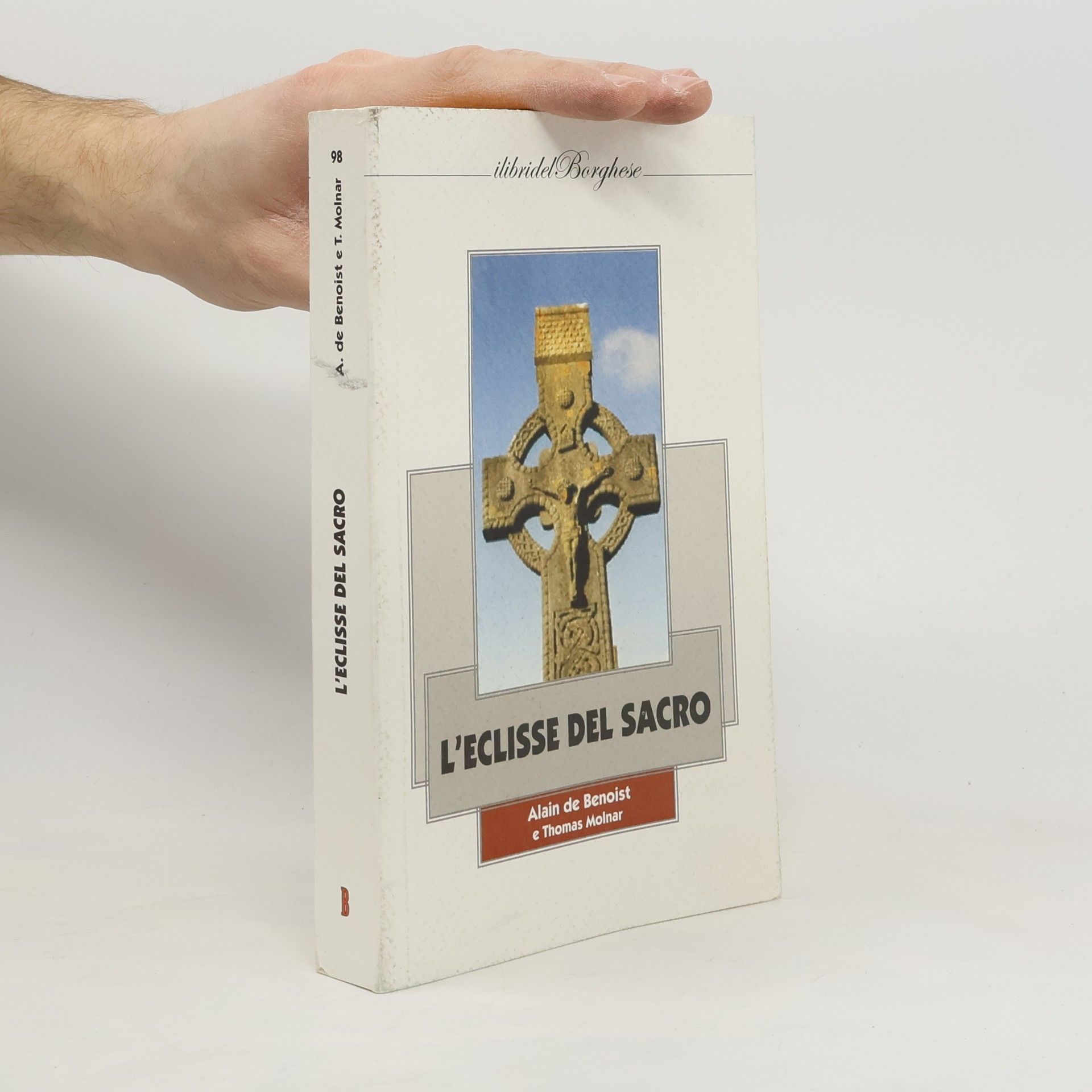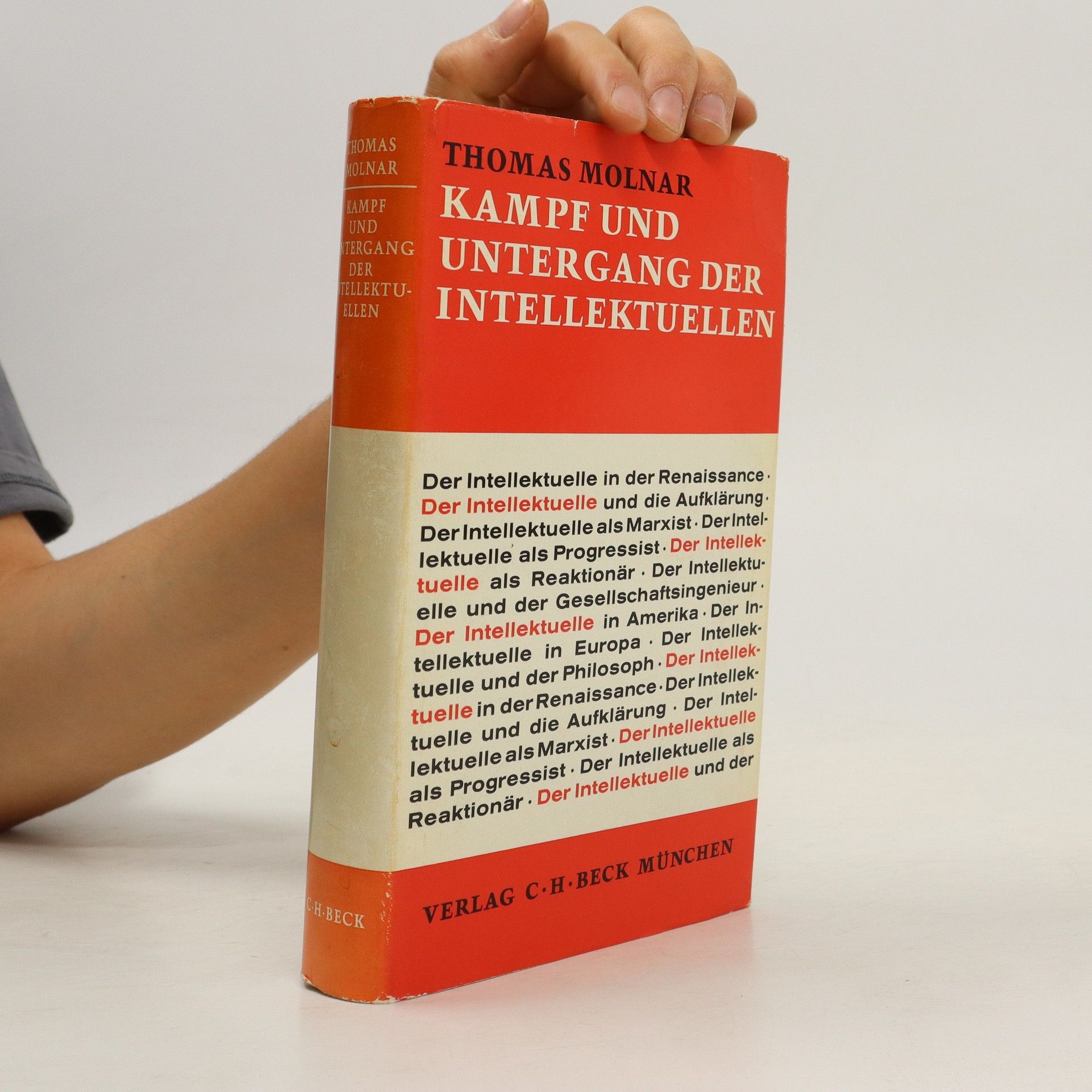Thomas Molnar Livres
Thomas Molnar fut un philosophe, historion et théoricien politique catholique dont l'œuvre considérable, comprenant plus de quarante livres en français et en anglais, explorait les thèmes de la religion, de la politique et de l'éducation. Sa pensée fut influencée par les écrits de Russell Kirk, et Molnar lui-même collabora à la revue National Review. Il explora les valeurs conservatrices et les traditions intellectuelles françaises, examinant de manière critique ce qu'il percevait comme un déclin des principes traditionnels. L'héritage intellectuel de Molnar réside dans ses profondes explorations de questions sociales et philosophiques qui continuent de résonner.





I libri del Borghese - 98: L'eclisse del sacro
- 294pages
- 11 heures de lecture
Da diversi decenni Alain de Benoist, attraverso un’inesauribile attività di poligrafo eclettico, scandita dalla pubblicazione di molti libri e articoli sugli argomenti più disparati, conduce una battaglia personale volta in qualche modo a decostruire i termini-chiave del mondo moderno, in vista di un suo superamento radicale. Infatti, per quanto possa sembrare un paradosso, nell’interpretazione del pensatore francese una reale evoluzione dell’esperienza umana dipenderà non solo dall’emancipazione dalle convenzioni e dai pregiudizi del passato, ma dall’emancipazione consapevole dal moderno, inteso come summa di prospettive ormai inadeguate.